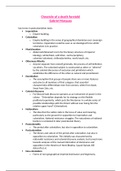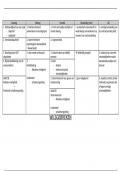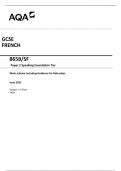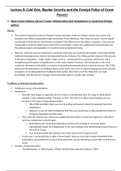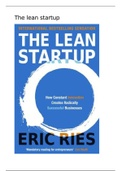Class notes
Chronicle of a Death Foretold
- Course
- English (ENGL3004)
- Institution
- University Of The Witwatersrand (wits)
this document contains an extensive and in depth analysis of the novel. there are character analysis, major themes, overarching concepts and ideas behind, answers to the major literary themes etc. the notes offer various narratives the novel can take on and includes additional, researched notes for...
[Show more]
